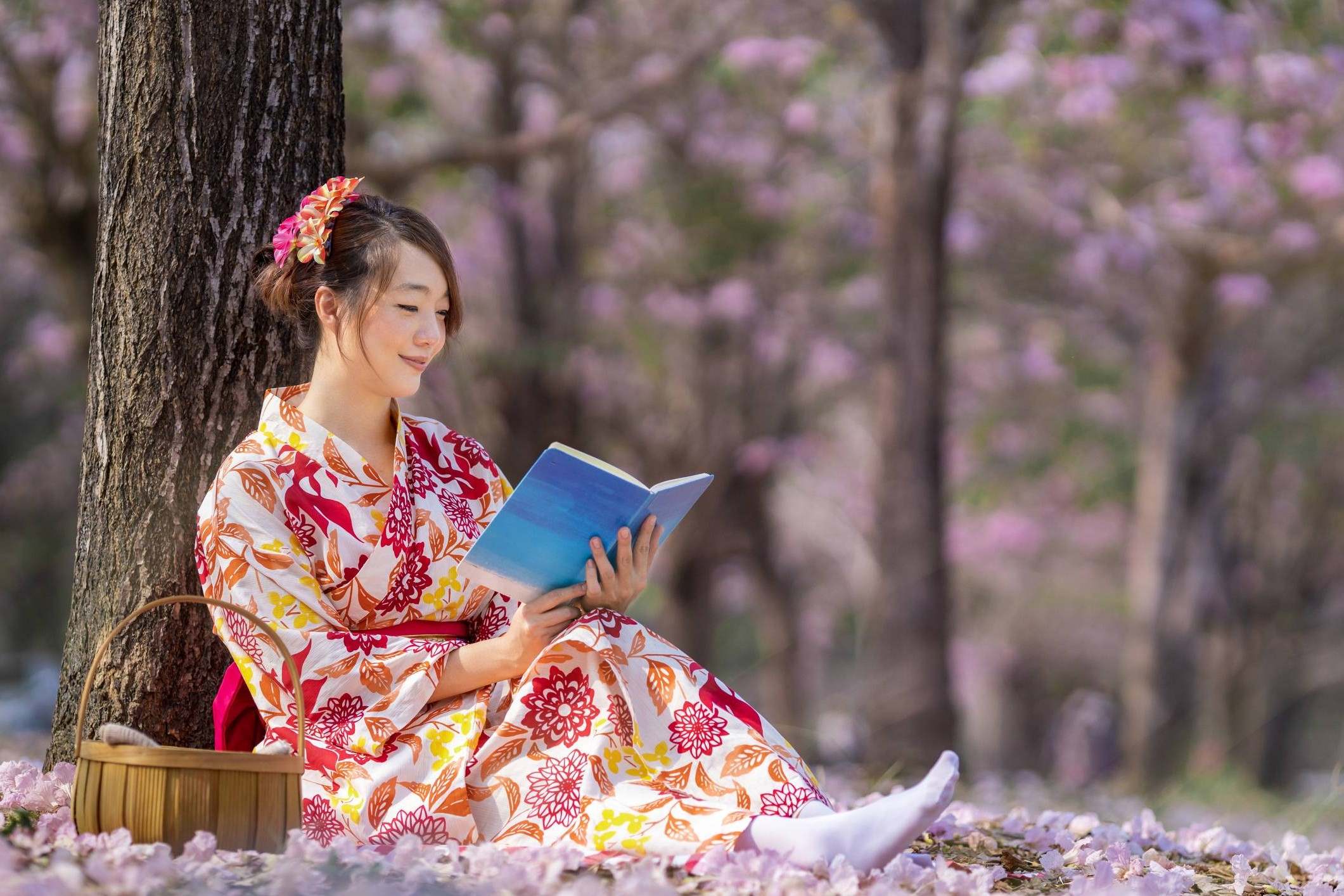Japanese Words That Will Change How You See The World

Have you ever come across a word that perfectly captures a feeling or moment? Japanese words often do just that. They offer a unique lens through which to view life, emotions, and experiences. For instance, "Komorebi" describes the sunlight filtering through leaves, a simple yet beautiful image. Another example is "Tsundoku," which refers to the habit of acquiring books and letting them pile up without reading them. These words not only enrich our vocabulary but also deepen our understanding of everyday moments. Ready to learn more? Let's dive into some Japanese words that might just change your perspective.
Japanese Words That Will Change How You See the World
Language shapes how we perceive the world. Japanese, with its rich vocabulary, offers unique words that capture complex emotions and experiences. Here are some Japanese words that might just change your perspective.
Words for Nature Lovers
Japan's deep connection with nature is reflected in its language. These words beautifully describe natural phenomena and the feelings they evoke.
Komorebi: The sunlight filtering through trees. This word captures the serene beauty of light and shadow dancing together in a forest.
Shinrin-yoku: Forest bathing. This term refers to the practice of immersing oneself in nature to improve well-being.
Tsukimi: Moon viewing. An ancient tradition of appreciating the beauty of the full moon, often accompanied by poetry and tea.
Words for Emotions and Feelings
Japanese has words for emotions that other languages might struggle to express. These terms can help you understand and articulate your feelings better.
Wabi-sabi: Finding beauty in imperfection. This philosophy embraces the transient and imperfect nature of life.
Mono no aware: The bittersweet awareness of the impermanence of things. It’s a gentle sadness at the passing of time and the fleeting nature of life.
Yūgen: A profound, mysterious sense of the beauty of the universe. This word captures the feeling of awe and wonder that comes from contemplating the vastness of existence.
Words for Everyday Life
Some Japanese words describe everyday experiences in a way that makes them feel special and significant.
Kintsugi: The art of repairing broken pottery with gold. This practice highlights the beauty in mending and the history of an object.
Gaman: Enduring the seemingly unbearable with patience and dignity. This word embodies resilience and perseverance.
Omotenashi: Japanese hospitality. It’s the spirit of selfless hospitality and making guests feel honored and cared for.
Words for Relationships
Relationships are central to human life, and Japanese has words that capture the nuances of these connections.
Koi no yokan: The premonition of love. It’s the feeling upon first meeting someone that you will fall in love with them.
Tsundoku: The act of acquiring books and letting them pile up, unread. This word speaks to the love of books and the hope of future reading.
Natsukashii: A nostalgic longing for the past. This word captures the warm, bittersweet feeling of remembering fond memories.
Words for Personal Growth
Personal growth and self-improvement are important in Japanese culture. These words can inspire you to strive for a better version of yourself.
Kaizen: Continuous improvement. This philosophy encourages small, incremental changes to improve efficiency and quality.
Ikigai: A reason for being. It’s the concept of finding purpose and meaning in life, something that brings joy and fulfillment.
Ganbaru: Doing one’s best and never giving up. This word embodies the spirit of determination and hard work.
Embracing Japanese Words in Daily Life
Learning Japanese words can open up new perspectives. Words like "wabi-sabi" teach us to find beauty in imperfection. "Ikigai" helps us discover our purpose. "Tsundoku" reminds us it's okay to collect books and enjoy them later. These concepts can change how we view the world around us.
Incorporating these words into daily life can make experiences richer. They offer a unique way to express feelings and ideas that might not have a direct translation in English. Understanding these words can also deepen appreciation for Japanese culture.
Next time you feel stressed, think of "shinrin-yoku" or forest bathing. When you see something old and worn, remember "wabi-sabi". These words can help you see beauty and meaning in everyday moments. Embrace them, and let them transform your outlook.

